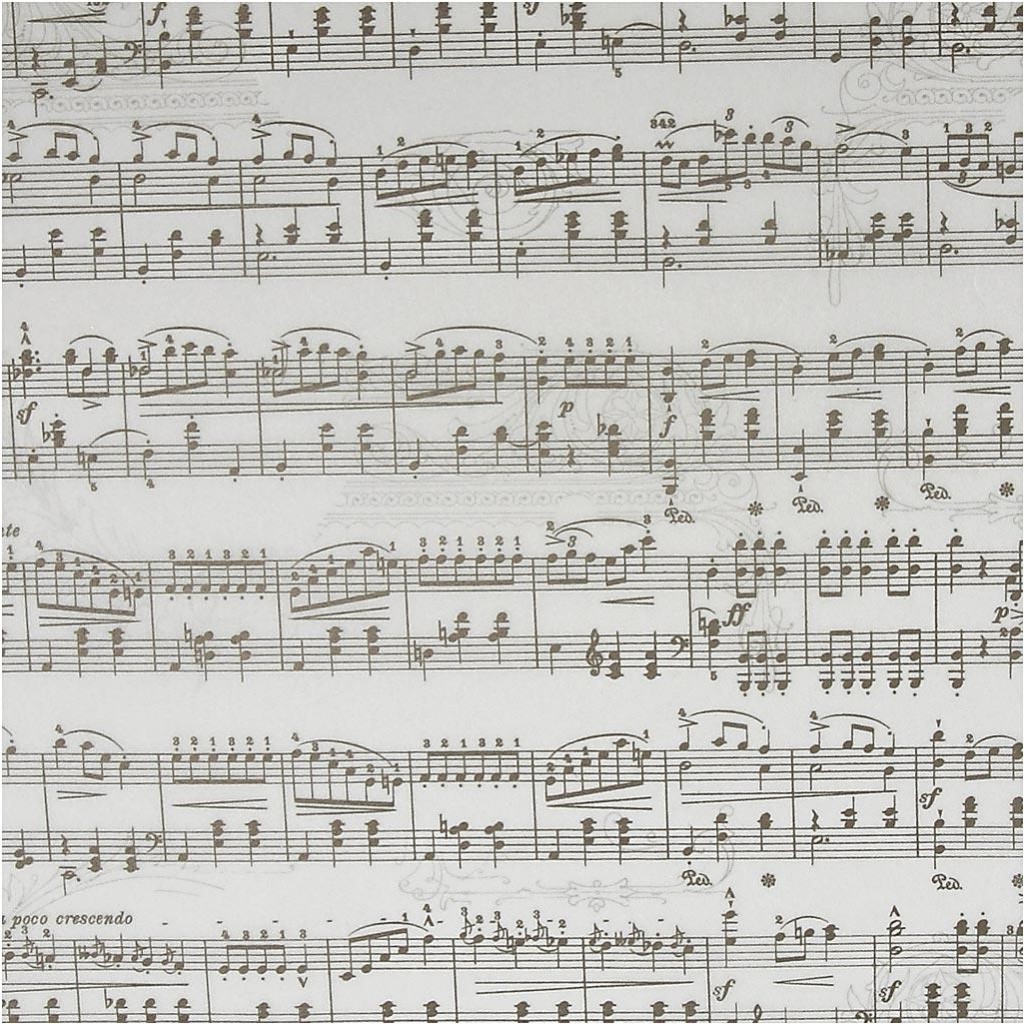DBT stands for Dialectical Behavior Therapy. This is a treatment program developed by Marsha Linehan, PhD, to treat clients with depression, anxiety, other mental health problems, or just being stuck in the acceptance/change dilemma. When someone looks at life with only two options, it can be downright painful. I know I got stuck in the A or B dilemma of either I have to try to change everything (me, others, circumstances) or I have to accept everything the way it is (and like it.) The beauty of DBT is to find the AND, and learn how to balance acceptance and change. DBT was one of the main programs taught at Timberline.
Here’s an excerpt from the website Behavioral Tech: A Linehan Institute Training Company found at https://behavioraltech.org/resources/faqs/dialectical-behavior-therapy-dbt/
“Problematic behaviors evolve as a way to cope with a situation or attempt to solve a problem. While these behaviors might provide temporary relief or a short-term solution, they often are not effective in the long-term. DBT assumes that clients are doing the best they can, AND they need to learn new behaviors in all relevant contexts. DBT helps enhance a client’s capabilities by teaching behavioral skills in areas like mindfulness, distress tolerance, emotion regulation, and interpersonal effectiveness. These skills help people develop effective ways to navigate situations that arise in everyday life or manage specific challenges.”
And then, here’s an excerpt from the same website explaining the way the program is taught…
“There are four modules in skills training:
- Mindfulness: the practice of being fully aware and present in this one moment
- Distress Tolerance: how to tolerate pain in difficult situations, not change it
- Interpersonal Effectiveness: how to ask for what you want and say no to what you don’t want while maintaining self-respect and relationships with others
- Emotion Regulation: how to change emotions that you want to change”
Even the modules are balanced between the acceptance/change dilemma – The first two are about acceptance and the others about change.

The curriculum at Timberline was taught on a rotating schedule of four modules every four weeks, and since most people were there for 4-6 weeks, they were able to learn and practice each module. I hope to be able to explain the basics of what we learned in the coming weeks.
Many times we said the Serenity Prayer together as this too was part of the recovery process, and specifically part of the 12 Step Recovery Program. Here’s an interesting diagram of it!

Last week I wrote about progress and perfection. Progress is all about the acceptance/change balance, and here is an awesome example of it: God accepts me “Just as I Am” and then desires to sanctify me to be more and more like him.



